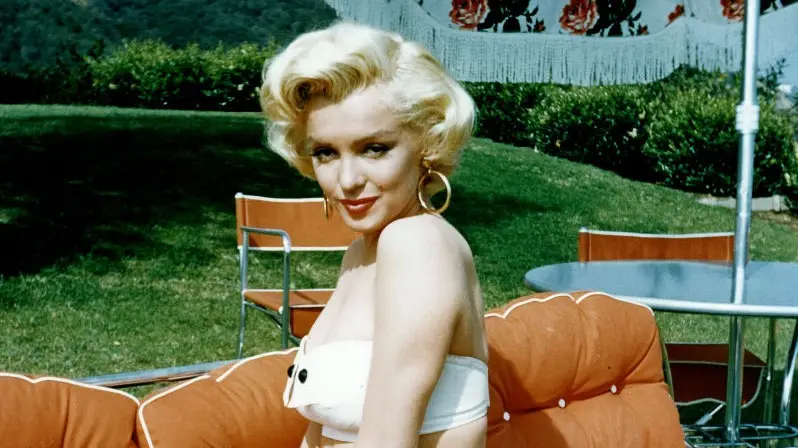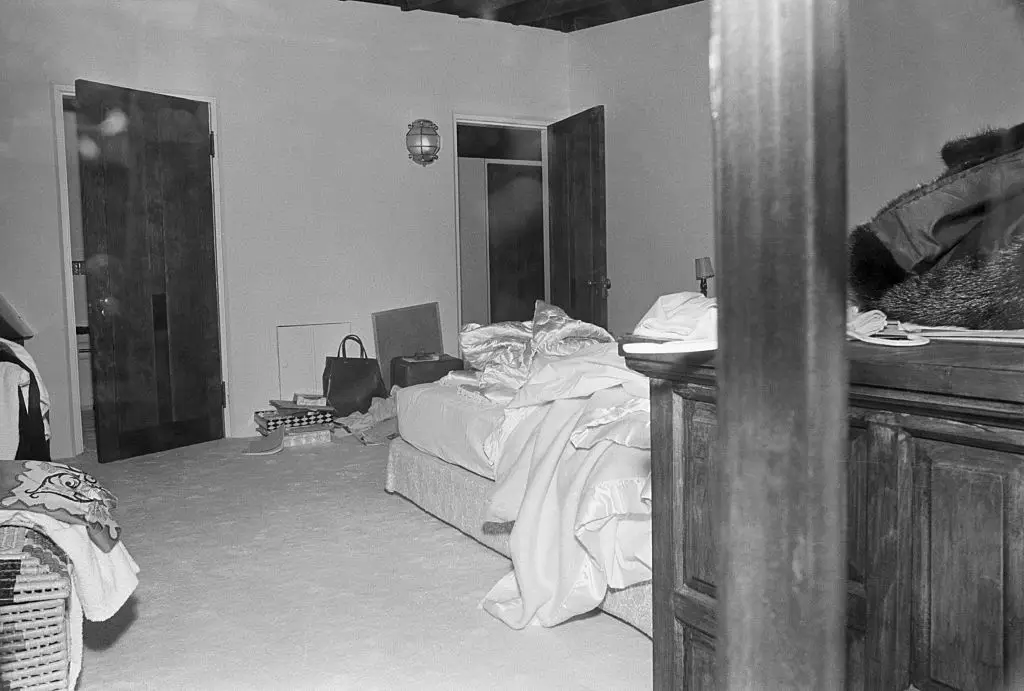
The coroner who was tasked with carrying out Marilyn Monroe's autopsy 64 years ago has questioned whether she really killed herself.
Monroe was found naked, lying face down in bed at her Los Angeles home on 5 August 1962.
Junior doctor Thomas Noguchi, of the Los Angeles County Coroner’s Office, ruled the cause of death as acute barbiturate poisoning, with extremely high levels of Nembutal (pentobarbital) and chloral hydrate in her blood and liver.
Toxicology results suggested Monroe had ingested the drugs, rather than injected them, and the official ruling was 'probable suicide', suspectly stemming from mental health issues.
Advert
The blonde-haired actress, who was rumoured to have had an affair with John F. Kennedy after singing her famous version of 'Happy Birthday' to him, died just two months after that.
Decades on, Noguchi, now 98, revealed that he suffered 'a wave of anxiety' when the head toxicologist opted not to run additional tests.

"He knew that not running the additional tests would become a problem for him," it reads in his new book, as seen by the Daily Mail.
"It left too many questions unanswered, and ultimately, as the pathologist who conducted the physical autopsy, he would be held responsible."
Forensic analyst Joseph Scott Morgan, however, has somewhat justified the autopsy results.
Morgan told News Nation: “When he does the evisceration of her body, that’s the removal of the organs; he found nothing in her stomach.

“And there’s no correlation between that relative to the ingestion of pills and what you’re going to get back on the toxicology report.
“Because her levels were blown through the roof.
“As a matter of fact, they’re described in terms of being lethal levels. And it’s kind of a fascinating dynamic.
“How are the drugs delivered into her system?”
“My suspicion is that Marilyn Monroe’s death will forever remain shrouded in mystery and plus, it’s great talk for people to continue on about for years and years after the fact,” he added.
In Noguchi's book, LA Coroner, author Anne Soon Choi said he 'wanted to rectify the situation by having the stomach's contents and organs tested, but the toxicologist disposed of them once the coroner's report was issued'.
"Without a complete analysis, it was impossible to rule out that Monroe had died by injection rather than by swallowing pills," she wrote.
"But what could he do? He couldn't challenge Curphey or the head toxicologist."